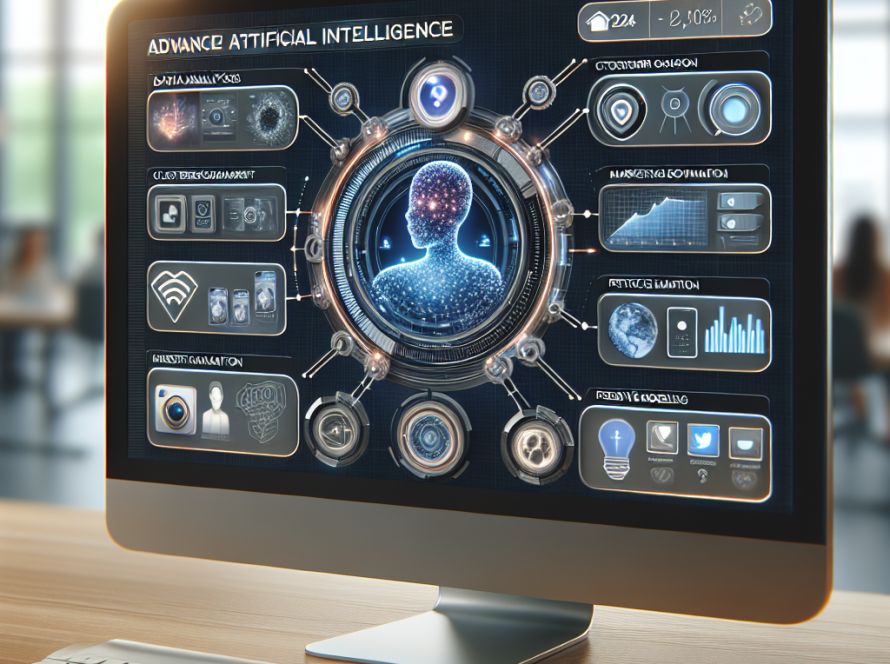Artificial Intelligence (AI) has undergone a dramatic revolution, largely propelled by groundbreaking progress in deep learning. Neural networks, which learn through self-supervision, are the drivers behind this shift, supported further by purpose-built hardware. The resulting advancements have catalyzed game-changing leaps in fields such as machine translation, natural language comprehension, information retrieval, recommender systems, and computer vision. Interestingly, these breakthroughs influence a spectrum of disciplines beyond the realm of computer science, including robotics, biology, and chemistry.
Traditionally, data representation relied more on hand-crafted feature vectors, simple in form. The advent of deep learning, however, ushered in a sea change, introducing complex neural networks that generate advanced data representations or embeddings. These flagship deep learning tools transform inputs into high-dimensional vectors, enabling more nuanced understanding and processing of information.
Researchers have recently been exploring innovative methodologies in vector retrieval. Sebastian Brunch’s comprehensive studies highlighted the role of neural networks in processing and transforming data into high-dimensional vectors. The challenge lies in efficiently extracting relevant information from immense vector databases – a task which is increasingly critical in the era of big data and AI.
The proposed methodology for vector retrieval employs advanced neural network architectures to process diverse datasets and transform them into vectorial forms. The essential part of the retrieval process involves identifying and extracting the most relevant vectors from these high-dimensional spaces. This approach revolutionizes handling of vast data, ensuring precision and relevance in information retrieval.
Impressively, this advanced vector retrieval method has shown notable results in enhancing the accuracy and efficiency of information retrieval across various data types. The approach embodies a significant advancement in managing and utilizing the ceaselessly expanding data in our digital age, with far-reaching implications for various fields, including search engines and recommender systems.
To sum up, the shift towards vector retrieval methodologies powered by deep learning and neural networks denotes a groundbreaking move in information processing. It provides a sophisticated, precise and efficient way to manage diverse data types, with wide-ranging implications on computer science and other critical data retrieval domains. This research underscores the transformative potential of AI and deep learning in reinventing information retrieval, tipping the hat to the expansive applications of deep learning across a multitude of sectors.

